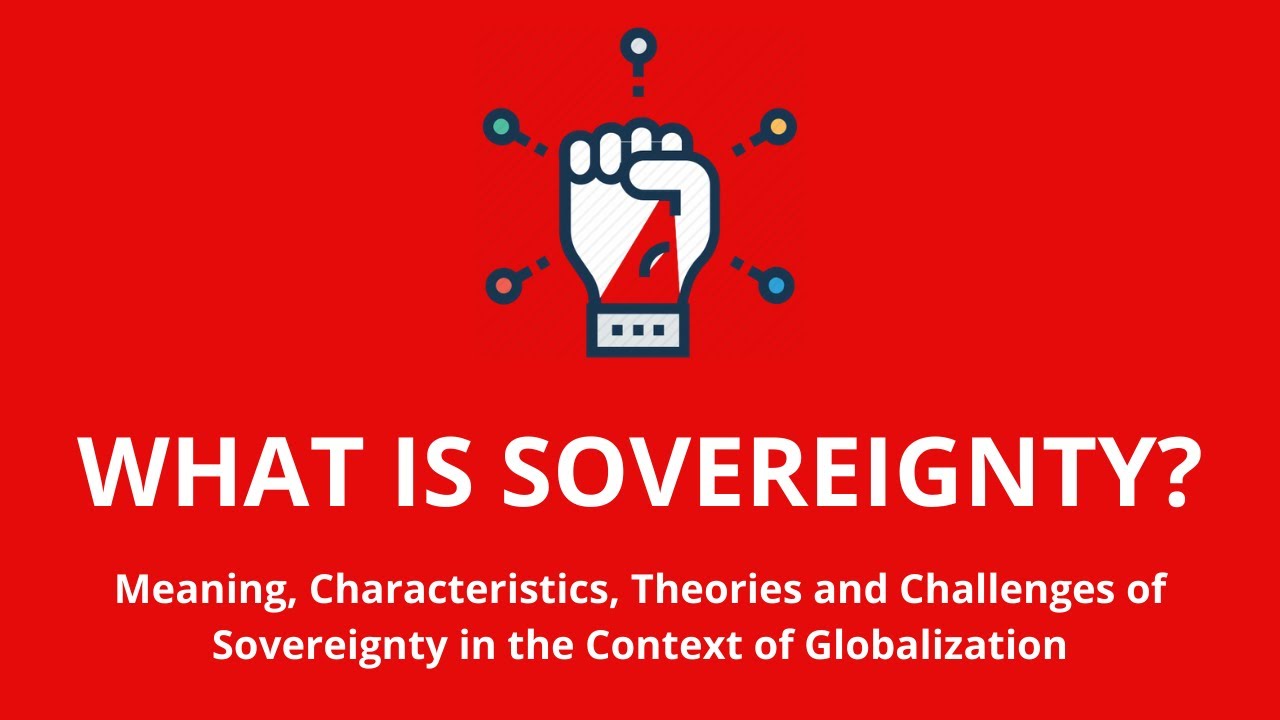Sovereignty, the supreme power or authority of a state to govern itself without interference from outside forces, is a fundamental principle of international law. It encompasses both internal and external dimensions.
Internal Sovereignty refers to a state’s absolute authority within its own territory. This includes the power to make laws, enforce them, impose taxes, and maintain a judiciary system. A sovereign state has the right to determine its own political, economic, and social systems.
External Sovereignty refers to a state’s independence from external control. This means that a sovereign state can conduct its foreign affairs, make treaties, declare war, and engage in diplomatic relations with other states.
The Evolution of Sovereignty
The concept of sovereignty has evolved over centuries. In the medieval era, feudal lords exercised varying degrees of sovereignty over their territories. The Treaty of Westphalia in 1648 marked a significant turning point, establishing the principle of state sovereignty and the right of states to self-determination.
However, in the modern era, the absolute sovereignty of states has been challenged by various factors. Globalization, the rise of international organizations, and the increasing interconnectedness of the world economy have eroded the traditional notion of state sovereignty.
Challenges to Sovereignty in the 21st Century
Several factors challenge the sovereignty of states in the 21st century:
- Globalization: The increasing interconnectedness of the global economy can limit a state’s ability to control its economic policies. Transnational corporations can exert significant influence over national economies, and international trade agreements can constrain a state’s ability to protect domestic industries.
- International Organizations: International organizations, such as the United Nations, can impose constraints on state sovereignty. For example, the UN Security Council can authorize military interventions in sovereign states to maintain international peace and security.
- Human Rights: International human rights norms can limit the sovereignty of states. States are increasingly held accountable for human rights abuses, and international organizations and civil society groups can pressure states to improve their human rights records.
- Climate Change: Climate change is a global challenge that requires international cooperation. States may need to compromise on their sovereignty to address this issue, such as by participating in international agreements to reduce greenhouse gas emissions.
- Cybersecurity Threats: Cyberattacks can target critical infrastructure and government systems, undermining a state’s sovereignty.
The Future of Sovereignty
The future of sovereignty is uncertain. While the concept remains central to international law, it is likely to continue to evolve in response to new challenges. States will need to balance their sovereignty with their obligations to the international community. This may involve cooperating with other states on global issues, while also protecting their national interests.
As the world becomes increasingly interconnected, the traditional notion of state sovereignty may need to be reinterpreted. States may need to adopt a more flexible and nuanced approach to sovereignty, recognizing the limits of their power and the importance of international cooperation.

Leave a Reply